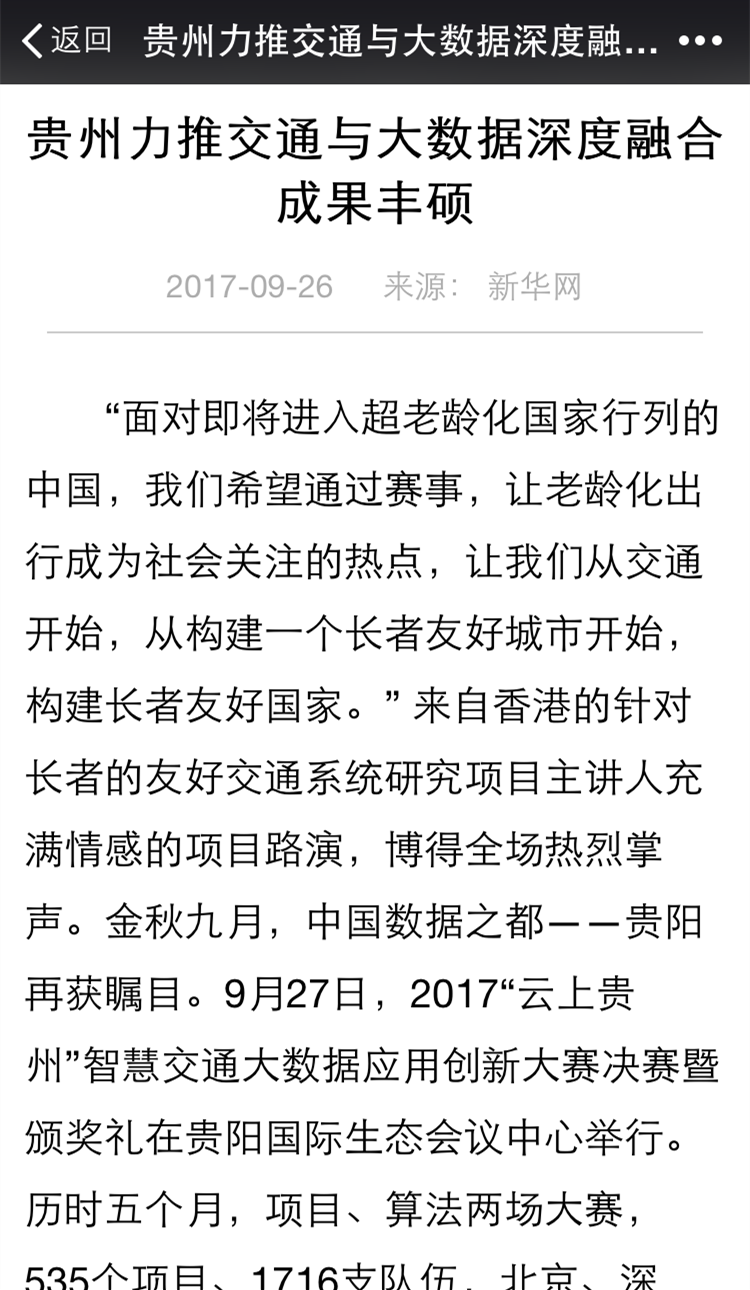
Mr. Linchuan Yang
Mr. Linchuan Yang is a second-year PhD candidate at the Department of Real Estate and Construction, HKU. He is working on real estate economics currently, supervised by Prof. K.W. Chau and Dr. S.K. Wong. Before joining this department, he obtained an MPhil degree at the Department of Civil Engineering, HKU, studying transportation planning and policy. He got two bachelor degrees from Xiamen University, China, one of engineering (Urban Planning) and another of science (Mathematics).
His MPhil thesis is titled The Mobility of the Elderly in Hong Kong: Policy Insights. It focuses on how the transportation system in a transit-oriented city (e.g., Hong Kong, Singapore, Shanghai) reacts to the population ageing trend. His papers, co-authored with his supervisors (W.Y. Szeto and R.C.P Wong), have been published in Journal of Transport & Health and Travel Behaviour and Society. Another paper was submitted to Transport Policy and is currently under review. These three papers correspond to three main chapters (chapter 3, 4, 5) of his MPhil thesis. His MPhil research has been presented at:
- The 20th International Conference of Hong Kong Society for Transportation Studies (HKSTS), Hong Kong.
- The 21st International Conference of Hong Kong Society for Transportation Studies (HKSTS), Hong Kong.
- Transportation Research Board (TRB) Annual Meeting, Washington, USA.
- The doctoral forum co-organized by the University of Hong Kong and Chongqing University, Chongqing, China.
- Symposium of Simulation for Construction Application in China (SSCA), Xiamen, China.

Mainly based on his MPhil research, He won the third prize of China Intelligent Transport Big Data Application Innovation Contest (2017中国“云上贵州”智慧交通大数据应用创新大赛), with 100,000 CNY bonus.
This research is supported by a grant from the Central Policy Unit of the Hong Kong Special Administrative Region Government, Public Policy Research Funding Scheme (Project No. 2014.A8.025.15B).
The abstracts of his MPhil journal papers are as follows.
(TBS paper)
Hong Kong’s population is ageing at an unprecedented and considerable rate, predominantly due to sustained low fertility and mortality rates. In 2013, the proportion of people aged 60 years or above was the second highest in Asia, exceeded only by that in Japan. Given that Hong Kong is a high-density, transit-oriented city, the predicted rapid growth of its elderly population is expected to significantly affect the existing public transport systems. To provide suitable policy recommendations that cater to the travel needs of an ageing society, we must investigate and understand the travel behavior and preferences of Hong Kong’s elderly citizens. In this study, we extracted the household interview survey data from the 2011 Travel Characteristics Survey to identify the travel patterns of the elderly and compare them with other age cohorts and among subgroups of the elderly population. We visualize and uncover the spatio-temporal travel characteristics of the elderly, and offer policy insights that promote age-friendly public transport systems. We believe that the findings and discussions herein will prove useful in future studies aiming to establish effective and appropriate public transport policy measures to improve elderly mobility.
(JTH paper)
Ageing populations are becoming common in many cities, and their rapid growth may lead to serious transportation issues when elderly users’ mobility is compromised by their inability to access or use public transport. It is of paramount importance to provide good public transport services to the elderly to maintain their quality of lives. An interviewer-administered face-to-face interview survey was conducted in March 2015 in Hong Kong, an example of a high-density and transit-oriented city, among elderly residents aged 60 and above to evaluate their level of satisfaction with various public transport modes. In this paper, an ordered probit model is calibrated to evaluate the relative importance of the quality of nine service aspects to the overall service performance. An importance-satisfaction analysis is conducted to visualize how best to prioritize actions for improving each of the nine service aspects. The findings reveal that the interviewed elderly individuals considered seat availability as the worst performed service aspect, with which 17.8% of them were dissatisfied or very dissatisfied. The condition of stations or stops is identified as the most influential factor affecting the overall satisfaction level with public transport services. These two service aspects hold the top priority for enhancement. The drivers’ attitude is suggested to be improved additionally if resources allow. For better public transport services to the elderly and thus enhancing their mobility to more actively participate in social activities, appropriate training and guidance to public transport drivers are recommended to enhance their awareness of driving behavior and attitude; provision of seats and shelters is recommended at the bus stops typically frequented by the elderly; and the culture of offering seats to the needy should be promoted through education.
(TP paper)
Population aging is happening in most of the world’s metropolitan cities, and the proportion of elderly adults is predicted to increase significantly in the coming decades. This rapid growth of elderly populations may lead to serious transport issues when their mobility is compromised by the unavailability of public transport services. Public transport concession fare schemes are commonly implemented in many cities to encourage the elderly’s participation in social activities. However, these policies emphasize the role of money (i.e., travel fares) in determining willingness to travel. Other possible factors, such as walking distance to and from stops and stations, wait times for public transport services, and seat availability, have not been considered by transport operators and policy makers. In this study, we interviewed 613 elderly Hong Kong residents aged 60 or above regarding their travel decisions using designated modes of public transport to attend social activities in four hypothetical games. A total of 2,452 observations were collected for model development. Binary logistic regression models were calibrated to determine which factors significantly influenced the elderly’s travel decisions. Based on the model results, this paper suggests policy measures to strengthen public transport planning in Hong Kong with the goal of improving elderly mobility. The findings provide policy insights that can also be applied to other metropolitan cities with similar traffic conditions.




If you are interested in Mr. Linchuan Yang’s MPhil research, you are welcomed to contact him directly (E-mail:yanglc0125@gmail.com) or contact us. Thanks for your support!

